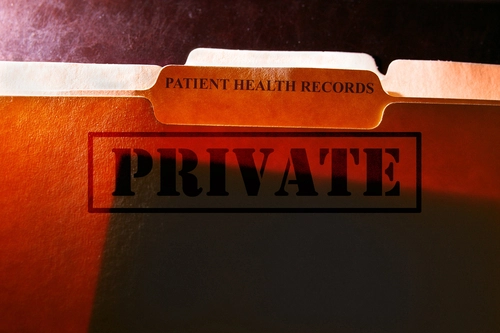Oncology & Hematology Coding Alert
Genetic Counseling:
5 Q&As; Clear Up Your Most Common Genetic Counseling Coding Issues
Published on Tue Mar 19, 2019

You’ve reached your limit of free articles. Already a subscriber? Log in.
Not a subscriber? Subscribe today to continue reading this article. Plus, you’ll get:
- Simple explanations of current healthcare regulations and payer programs
- Real-world reporting scenarios solved by our expert coders
- Industry news, such as MAC and RAC activities, the OIG Work Plan, and CERT reports
- Instant access to every article ever published in Revenue Cycle Insider
- 6 annual AAPC-approved CEUs
- The latest updates for CPT®, ICD-10-CM, HCPCS Level II, NCCI edits, modifiers, compliance, technology, practice management, and more
Related Articles
Other Articles in this issue of
Oncology & Hematology Coding Alert
- Genetic Counseling:
5 Q&As; Clear Up Your Most Common Genetic Counseling Coding Issues
Find out whether a physician counts as a genetic counselor. Suppose a pancreatic cancer patient [...] - Coding Quiz:
Find Out When You Should—And Shouldn't—Apply a Cancer History Dx
Watch out: Some of these answers don’t require an ICD-10 code at all. When a [...] - Observation Care:
CMS Finds Observation Care Claims Often Lack Appropriate Documentation
Incorrect coding errors also plague these services. It’s a common occurrence at your oncology practice [...] - Hemophilia:
Do You Know These Hemophilia Types? Find Out
Here’s what von Willebrand’s factor means. In last month’s Oncology Coding Alert, you learned about [...] - You Be the Coder:
Biopsy Isn't Mandatory to Diagnose Cancer
Question: In an elderly patient, who showed signs of bone metastasis, our physician wants to [...] - Reader Question:
Differentiate Between Inpatient, Office Consult
Question: Is there a difference between an office consultation and an inpatient consultation? When should [...] - Reader Question:
Get Ready for LCD Updates
Question: One of my colleagues said that Medicare is changing LCDs to eliminate ICD-10-CM codes. [...] - Reader Question:
Confirm Pathology before Selecting Mohs Codes
Question: A patient presented to our physician with a diagnosis of primary squamous cell carcinoma [...]
View All




